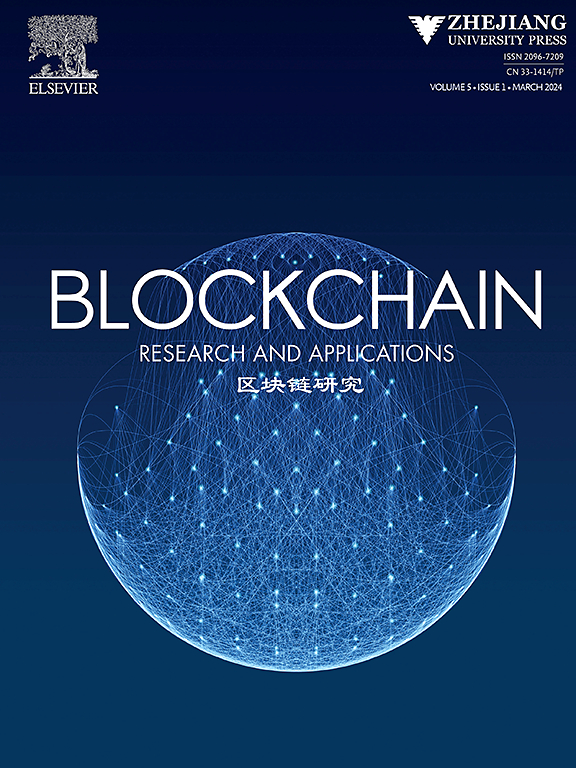大规模智能合约漏洞检测的可解释模型
IF 5.6
3区 计算机科学
Q1 COMPUTER SCIENCE, INFORMATION SYSTEMS
引用次数: 0
摘要
智能合约持有数十亿美元的数字货币,其安全漏洞近年来引起了广泛关注。检测智能合约漏洞的传统方法主要依赖于符号执行,因此耗时长、误报率高。最近,深度学习方法缓解了这些问题,但仍面临几个主要限制,如缺乏可解释性和易受规避技术影响。在本文中,我们提出了一种用于上行建模的特征选择方法。该方法的基本概念是一种特征选择算法,利用解释结果来选择关键特征,从而减少特征的规模。由于特征规模的缩小,学习过程可以大大加快。实验表明,我们提出的模型在六种类型的漏洞检测中表现良好。每种类型的准确率都高于 93%,每个智能合约的平均检测时间小于 1 毫秒。值得注意的是,通过我们提出的特征选择算法,每种类型漏洞的训练时间都比原来减少了近 80%。本文章由计算机程序翻译,如有差异,请以英文原文为准。
An interpretable model for large-scale smart contract vulnerability detection
Smart contracts hold billions of dollars in digital currency, and their security vulnerabilities have drawn a lot of attention in recent years. Traditional methods for detecting smart contract vulnerabilities rely primarily on symbol execution, which makes them time-consuming with high false positive rates. Recently, deep learning approaches have alleviated these issues but still face several major limitations, such as lack of interpretability and susceptibility to evasion techniques. In this paper, we propose a feature selection method for uplifting modeling. The fundamental concept of this method is a feature selection algorithm, utilizing interpretation outcomes to select critical features, thereby reducing the scales of features. The learning process could be accelerated significantly because of the reduction of the feature size. The experiment shows that our proposed model performs well in six types of vulnerability detection. The accuracy of each type is higher than 93% and the average detection time of each smart contract is less than 1 ms. Notably, through our proposed feature selection algorithm, the training time of each type of vulnerability is reduced by nearly 80% compared with that of its original.
求助全文
通过发布文献求助,成功后即可免费获取论文全文。
去求助
来源期刊
CiteScore
11.30
自引率
3.60%
发文量
0
期刊介绍:
Blockchain: Research and Applications is an international, peer reviewed journal for researchers, engineers, and practitioners to present the latest advances and innovations in blockchain research. The journal publishes theoretical and applied papers in established and emerging areas of blockchain research to shape the future of blockchain technology.

 求助内容:
求助内容: 应助结果提醒方式:
应助结果提醒方式:


